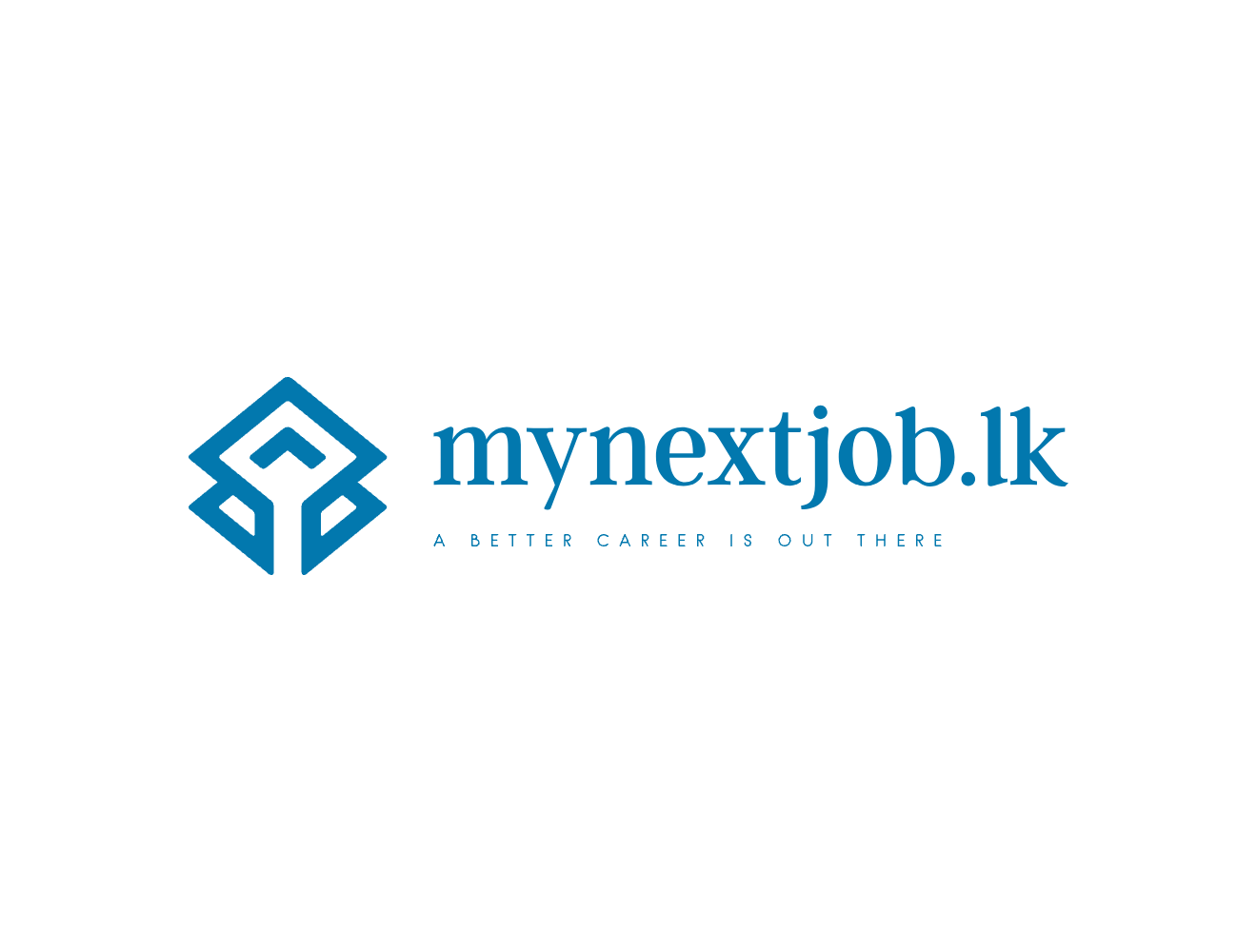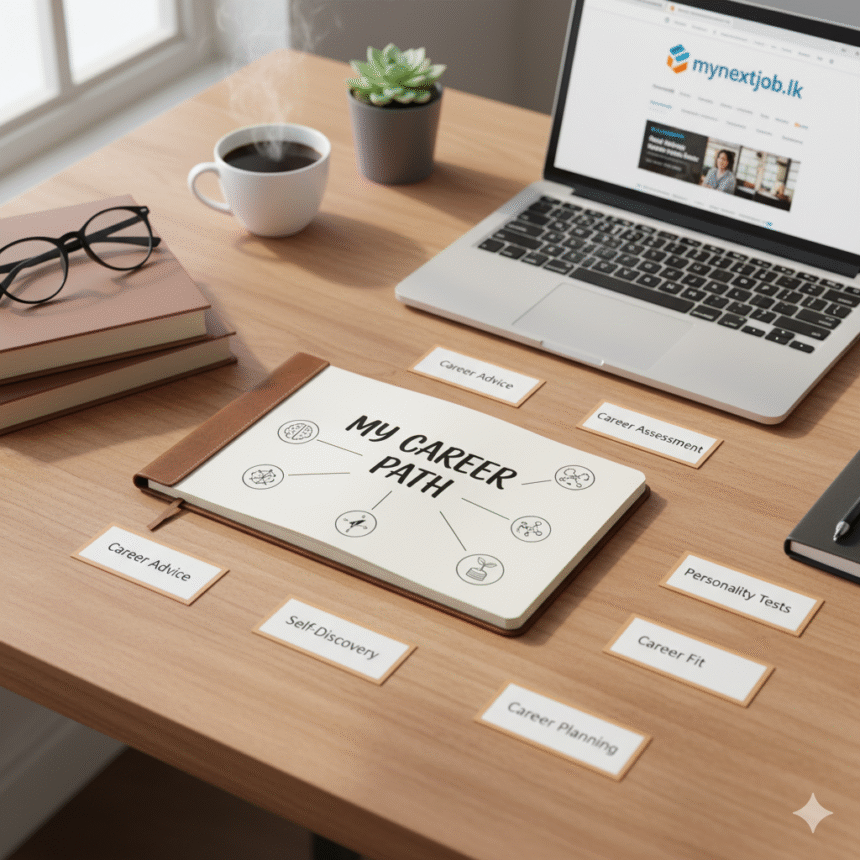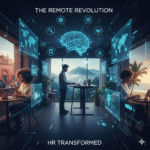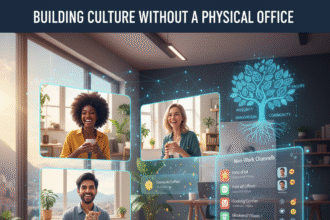The year 2025 marks a pivotal moment in the professional world. With rapid advancements in technology, particularly AI, and a growing emphasis on human-centric workplaces, the skills employers are seeking have shifted. It’s no longer just about what you know, but how you think, adapt, and collaborate.
- 1. Analytical Thinking and Innovation
- 2. Artificial Intelligence (AI) Fluency
- 3. Critical Thinking and Problem-Solving
- 4. Resilience, Flexibility, and Agility
- 5. Communication and Collaboration
- 6. Leadership and Social Influence
- 7. Data Literacy and Analysis
- 8. Continuous Learning
- 9. Digital Marketing and Cybersecurity Awareness
- 10. Cloud Computing Proficiency
This article breaks down the top skills employers want in 2025, offering practical career advice and a roadmap for professional development.
1. Analytical Thinking and Innovation
 This is the ability to analyze complex information, identify patterns, and come up with creative, new solutions. With more data available than ever, employers need people who can turn raw numbers into strategic insights.
This is the ability to analyze complex information, identify patterns, and come up with creative, new solutions. With more data available than ever, employers need people who can turn raw numbers into strategic insights.
How to Build It:
Take online courses in data analysis, business intelligence, or data science.
Practice with real-world data sets from platforms like Kaggle.
Challenge yourself to solve problems at work or in personal projects by using data to back up your decisions.
2. Artificial Intelligence (AI) Fluency
 Understanding how to use and leverage AI tools is quickly becoming a non-negotiable skill. This isn’t just for tech roles; from marketing to finance, AI proficiency can automate tasks, increase efficiency, and provide a competitive edge.
Understanding how to use and leverage AI tools is quickly becoming a non-negotiable skill. This isn’t just for tech roles; from marketing to finance, AI proficiency can automate tasks, increase efficiency, and provide a competitive edge.
How to Build It:
Explore online tutorials on prompt engineering and using tools like ChatGPT, Midjourney, or Google Gemini.
Experiment with AI to automate mundane tasks in your current job or projects.
Consider certifications in AI or machine learning fundamentals to understand the technology’s core principles.
3. Critical Thinking and Problem-Solving
In a world full of complex challenges, employers value individuals who can think on their feet, approach issues from multiple angles, and devise effective solutions. This skill is foundational to career success and transcends every industry.
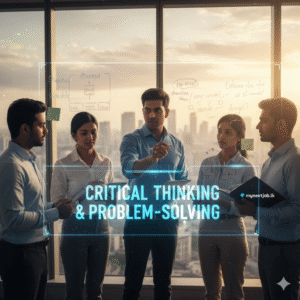
How to Build It:
Participate in brainstorming sessions at work or with your peers.
Read case studies and try to formulate your own solutions before looking at the outcome.
Join a hackathon or a problem-solving competition to test your skills under pressure.
4. Resilience, Flexibility, and Agility
The events of recent years have made it clear: the ability to adapt to change, bounce back from setbacks, and navigate uncertainty is paramount. Employers want adaptable professionals who can thrive in dynamic environments.
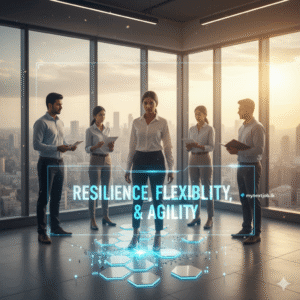
How to Build It:
Step outside your comfort zone by taking on new projects at work.
Reflect on past challenges and identify what you learned and how you can apply those lessons moving forward.
Practice mindfulness and stress-management techniques to improve your ability to stay calm under pressure.
5. Communication and Collaboration
Even with the rise of remote work and digital tools, strong communication remains the bedrock of a productive team. This includes clear written communication, active listening, and the ability to work effectively with diverse groups.
How to Build It:
Volunteer to lead a small team or project to hone your leadership and interpersonal skills.
Take an online course on public speaking or effective writing.
Actively seek feedback from colleagues and managers on your communication style.
6. Leadership and Social Influence
Leadership isn’t reserved for managers. Employers are looking for individuals at all levels who can inspire others, build consensus, and drive positive change. Social influence is about motivating and guiding a team toward a shared goal.
How to Build It:
Mentor a junior colleague or an intern.
Get involved in a community organization or a team outside of work to practice your leadership abilities.
Take the initiative to solve a team problem or improve a process.
7. Data Literacy and Analysis
In a data-driven world, the ability to read, work with, and communicate data is a valuable skill to learn. This skill goes beyond technical roles, as professionals in every field are expected to make decisions based on evidence and data.
How to Build It:
Familiarize yourself with data visualization tools like Tableau or Microsoft Power BI.
Take an introductory course on Excel or Google Sheets to learn about pivot tables and data functions.
Start a personal project where you track and analyze something you’re interested in, like your budget or fitness goals.
8. Continuous Learning
The most valuable skill in 2025 is the ability to continuously learn and upskill. The half-life of skills is shrinking, and employers want a growth mindset. This shows you are adaptable and ready for the future.
How to Build It:
Set aside time each week for professional development, whether it’s reading industry articles, listening to podcasts, or taking a short course.
Create a personal learning plan to identify new skills you want to acquire.
Attend webinars or conferences to stay current on industry trends.
9. Digital Marketing and Cybersecurity Awareness
A basic understanding of digital marketing principles and cybersecurity threats is becoming essential for many roles. Businesses need employees who can contribute to online growth and protect sensitive information.
How to Build It:
Get certified in Google Analytics or a digital marketing course.
Read up on common cyber threats like phishing and malware to understand how to protect your company’s data.
10. Cloud Computing Proficiency
With more businesses migrating to the cloud, a basic understanding of cloud platforms like AWS, Google Cloud, or Azure is a high-value skill.
How to Build It:
Explore free training modules offered by major cloud providers.
Get a foundational certification to demonstrate your understanding of the core concepts.
Conclusion
The job market in 2025 will be driven by a powerful combination of technical and soft skills. By proactively developing these key abilities, you not only increase your employability but also future-proof your career. The journey to building these skills is one of lifelong learning and intentional professional development.
